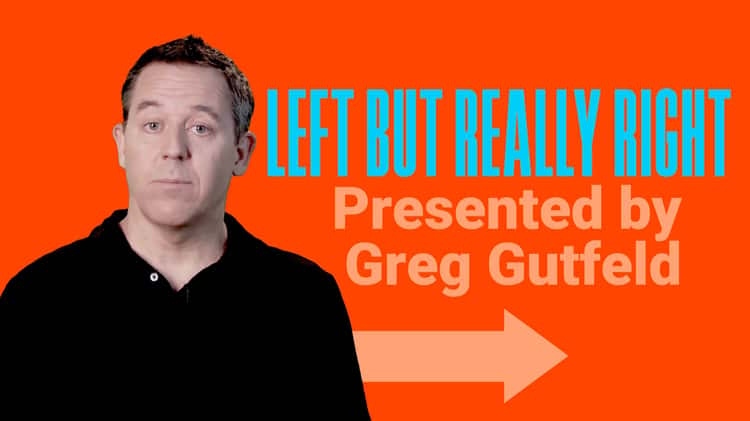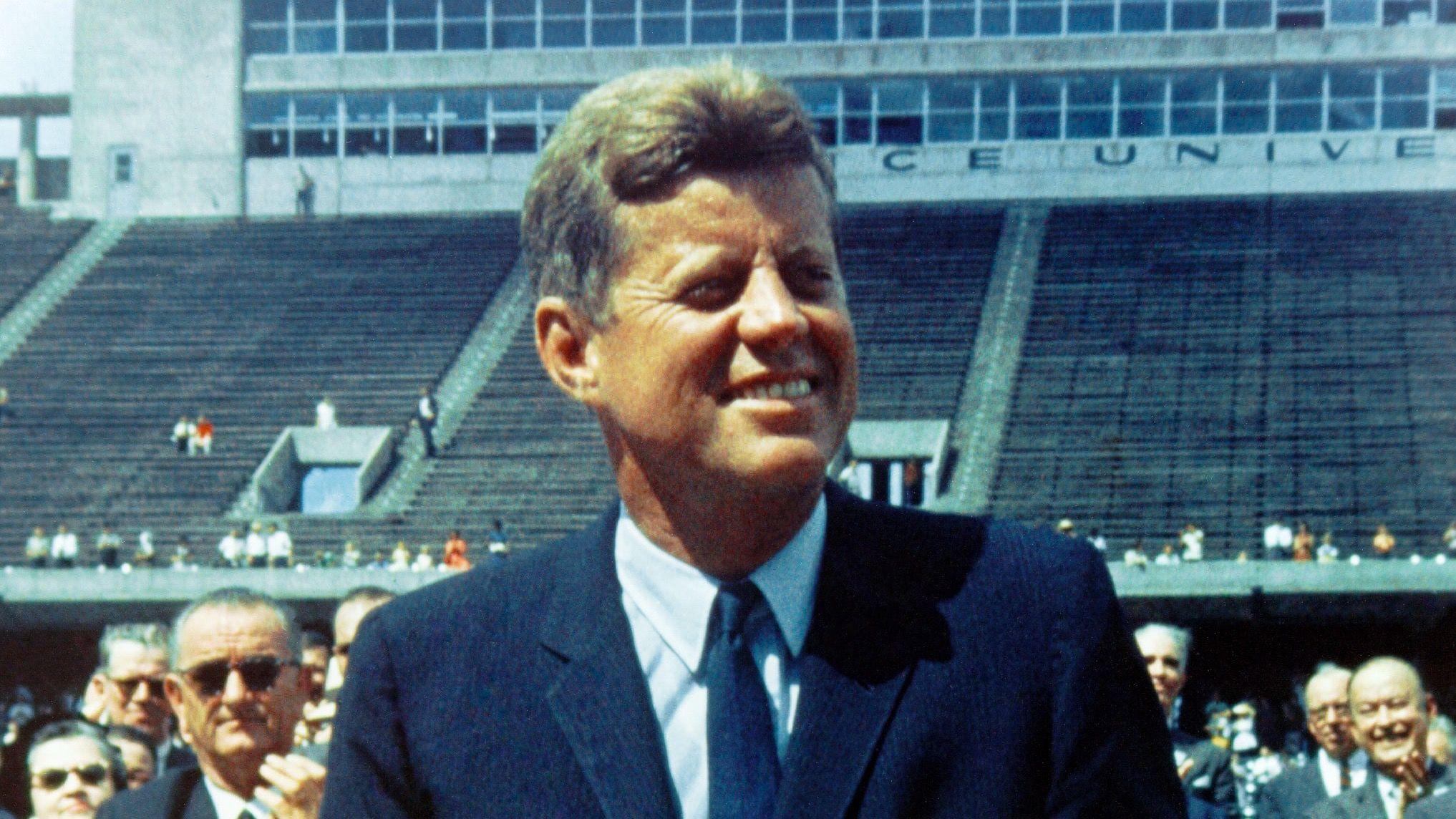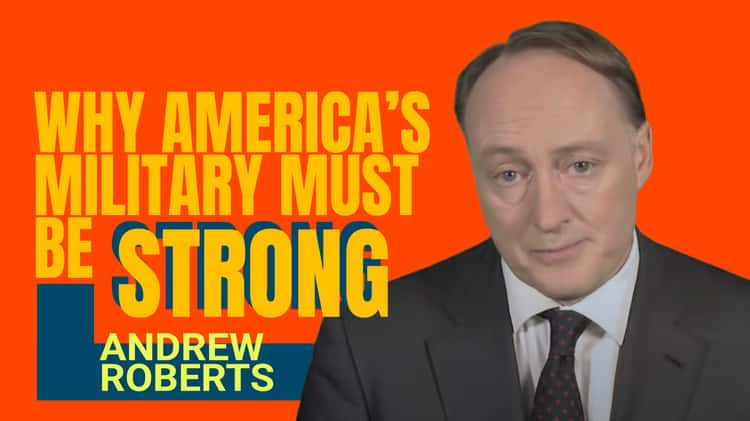
If John F. Kennedy was alive today, he would be a Republican
On race:
JFK disliked the idea of using racial preferences and quotas to make up for historic racism and discrimination. Today, affirmative action is Democratic Party orthodoxy, but Kennedy thought such policies were counterproductive.
“I don't think we can undo the past,” Kennedy said. “We have to do the best we can now...I don't think quotas are a good idea...We are too mixed, this society of ours, to begin to divide ourselves on the basis of race or color.”
On taxes:
Kennedy was an ardent proponent of across-the-board tax cuts, believing that more cash in the hands of all Americans, including the so-called wealthy, and a lighter footprint from the IRS would grow the economy. “A tax cut means higher family income and higher business profits,” Kennedy said in an address to the nation shortly before his death. “Every taxpayer and his family will have more money left over after taxes for a new car, a new home, new conveniences, education and investment. Every businessman can keep a higher percentage of his profits in his cash register or put it to work expanding or improving his business.”
On foreign policy:
Kennedy was very firm about his red lines. When the Soviet Union built missile sites in Cuba, leading to what is known as the Cuban Missile Crisis, Kennedy threatened a decisive military response. The Soviet Union backed down. JFK believed, as Ronald Reagan did, in peace through strength, not strength through peace. In his inaugural address, Kennedy made the case for a strong U.S. military. He saw this as the only way to deter America’s enemies. “Only when our arms are sufficient beyond doubt,” he said, “can we be certain beyond doubt that they will never be employed.”
Never miss a new video. Join for free.
On gun rights:
Kennedy was one of eight U.S. presidents who was a lifetime member of the NRA. Here’s what he said about the Second Amendment: “We need a nation of minutemen – citizens who are not only prepared to take up arms, but citizens who regard the preservation of freedom as a basic purpose of their daily life, and who are willing to consciously work and sacrifice for that freedom.”
On abortion:
Kennedy was assassinated a decade before the landmark Supreme Court case Roe v. Wade. Abortion was not a major issue during his administration.
But we do know that he nominated Justice Byron White, a Democrat, to the Supreme Court. White was one of two justices who dissented in Roe v. Wade. We also know that Kennedy abhorred Japan’s post-WWII use of abortion as a means of population control, saying: "On the question of limiting population: As you know, the Japanese have been doing it very vigorously, through abortion, which I think would be repugnant to all Americans."
Today, if a Democrat advocated the positions on race, taxes, foreign policy, guns and abortion that our 35th president once did, he wouldn’t be a Democrat. He’d belong to that other party.














